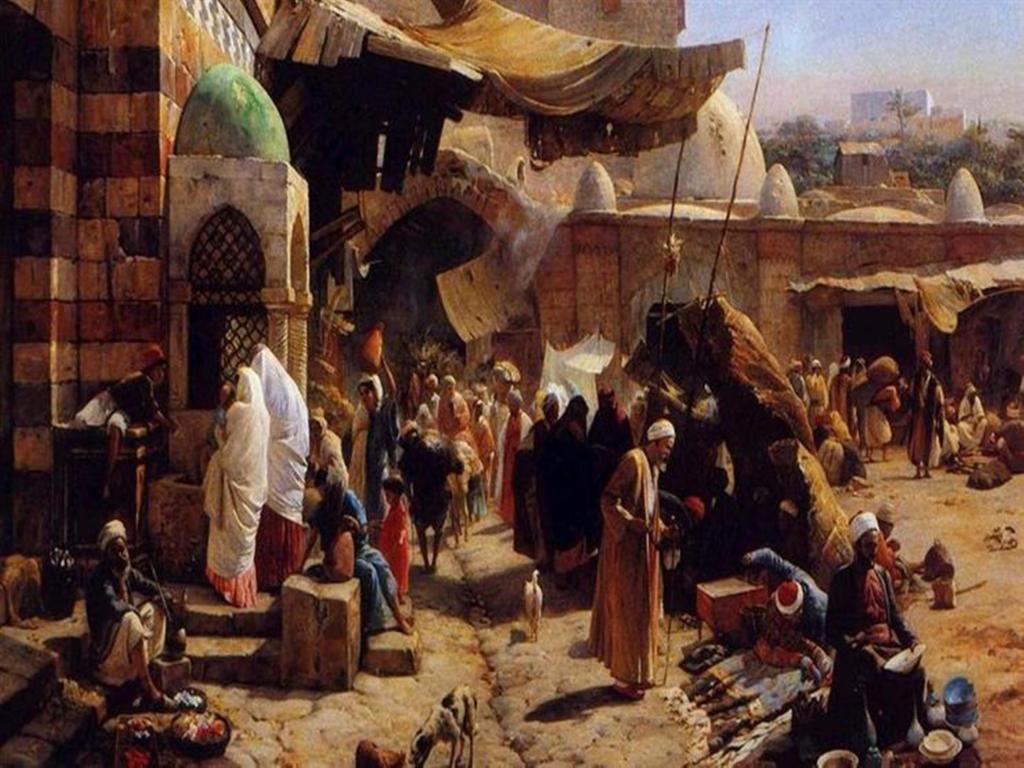Throughout history, women’s contributions have often been overshadowed by societal norms. Yet, many challenged these constraints, playing key roles in the intellectual and cultural development of their communities.
During the early Islamic period (8th to 13th centuries), particularly in the Levant (modern-day Syria, Lebanon, Jordan, Palestine), Maghreb (Morocco, Algeria, Tunisia, Libya, Mauritania), and Andalusia (Spain, Portugal), women made significant advancements in education, mathematics, and medicine.
Their work in these fields laid the foundation for later intellectual achievements and shaped the direction of their respective disciplines.
This article highlights four exceptional women whose contributions between the 8th and 13th centuries had a lasting impact on scholarship, governance, and scientific innovation.
Fatima Al-Fihri: Founder of Al-Qarawiyyin School


Fatima Al-Fihri, born into a prosperous family in 9th-century Fez, Morocco, used her inheritance to establish Al-Qarawiyyin in 859 CE.
Widely recognized by UNESCO and Guinness World Records as the oldest continuously operating educational institution in the world, Al-Qarawiyyin began as a madrasa—focused on religious studies—but grew into a prominent center for a wide range of academic disciplines.
- A Hub for Scholarly Pursuit: Al-Qarawiyyin became a beacon of learning, attracting scholars from across the Islamic world. It contributed significantly to advancements in astronomy, mathematics, and Islamic jurisprudence. While it did not grant formal degrees as understood in the Western academic system, its recognition came from the high level of scholarship it fostered.
Layla ‘Al-Shifa’ bint Abdullah: Healing and Governance

In the 7th century, Medina, ‘Al-Shifa‘ bint Abdullah, daughter of Fatima bint Wahb, made notable strides in both medicine and public administration. Her nickname, meaning “the healer,” aptly reflects her pivotal role in improving the health of her community.
- Medical Expertise: Al-Shifa was renowned for her knowledge of treating wounds and skin conditions, skills she passed on to other women, fostering communal healthcare
- A Leader in Administration: Appointed by Caliph Umar ibn al-Khattab to oversee Medina’s markets, Al-Shifa became one of the first women to hold a formal administrative role.
Zaynab bint al-Kamal: The Scholar of Damascus


Zaynab bint al-Kamal was a leading scholar in 13th-century Damascus, renowned for her expertise in Hadith. She was known for transmitting (ijazahs) over 400 books of Hadith with remarkable precision, setting a high standard for scholarship in Islamic traditions.
- Mastery of Hadith: Zaynab was respected for her authoritative transmission of Hadith, preserving Islamic teachings with accuracy and care. Her approach to Hadith transmission was noted for its accuracy, setting a high standard for future scholars in the field of Islamic jurisprudence.
- Mentorship of Influential Figures: Among her students was the famous traveler Ibn Battuta, who praised her profound impact on his understanding of Islamic law and history.
Lubna of Córdoba: Polymath of Al-Andalus


Lubna of Córdoba was a renowned intellectual in 10th-century Al-Andalus, recognized for her expertise in mathematics, linguistics, and administration. Her work contributed significantly to the region’s cultural and scientific growth during the Umayyad period.
- Mathematical Prowess: Lubna earned acclaim for her ability to solve complex mathematical problems, making her one of the era’s top mathematicians.
- Custodian of Knowledge: As the keeper of Caliph Al-Hakam II’s library, she was responsible for cataloging and preserving thousands of manuscripts, playing a crucial role in the spread of knowledge.
While these scholars represent only a fraction of the many women who shaped early civilizations, their achievements reflect a profound commitment to knowledge and service, leaving a lasting impact on fields that remain influential today.
These stories remind us of the importance of inclusive narratives in fostering a richer, more complete understanding of our shared intellectual heritage.
WE ALSO SAID: Don’t Miss… Epic Real-Life Stories Of Love & Passion From Across The Region



